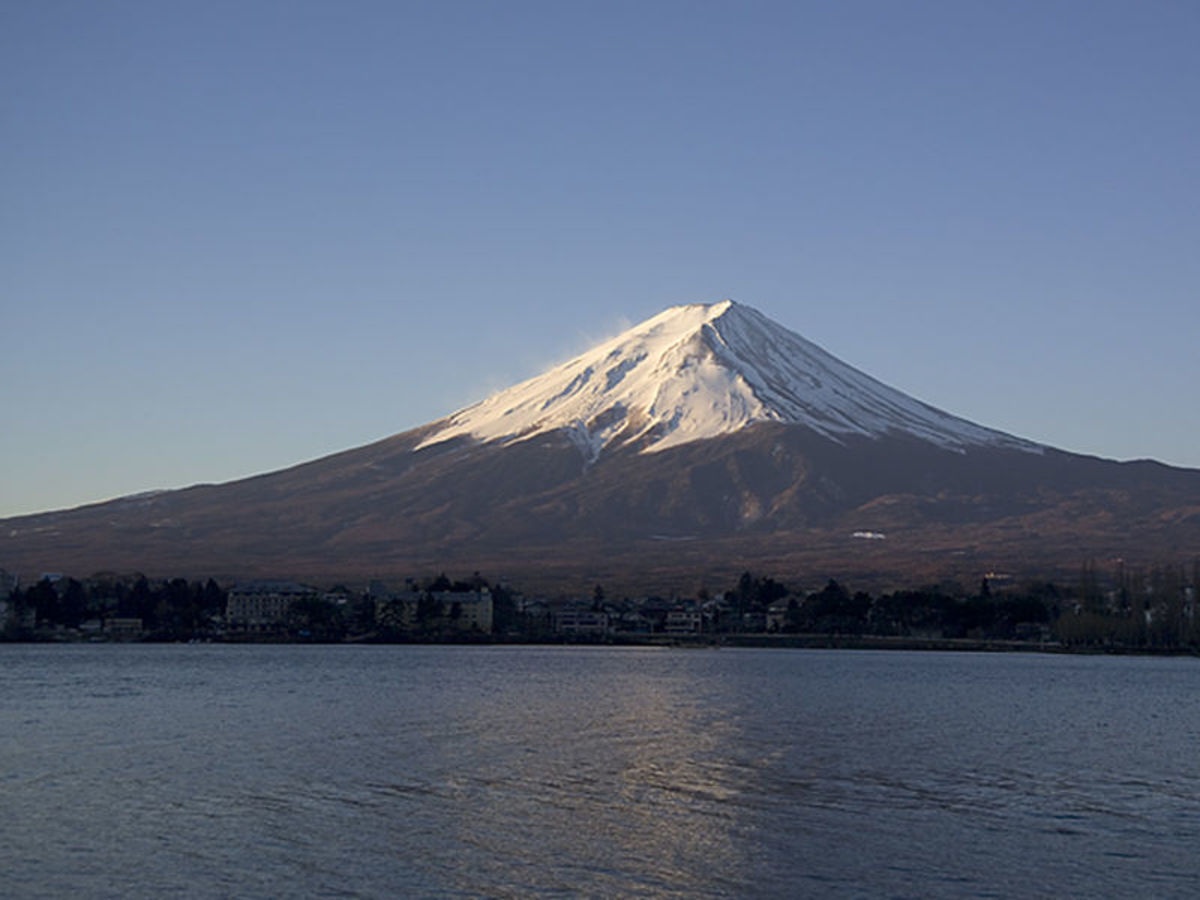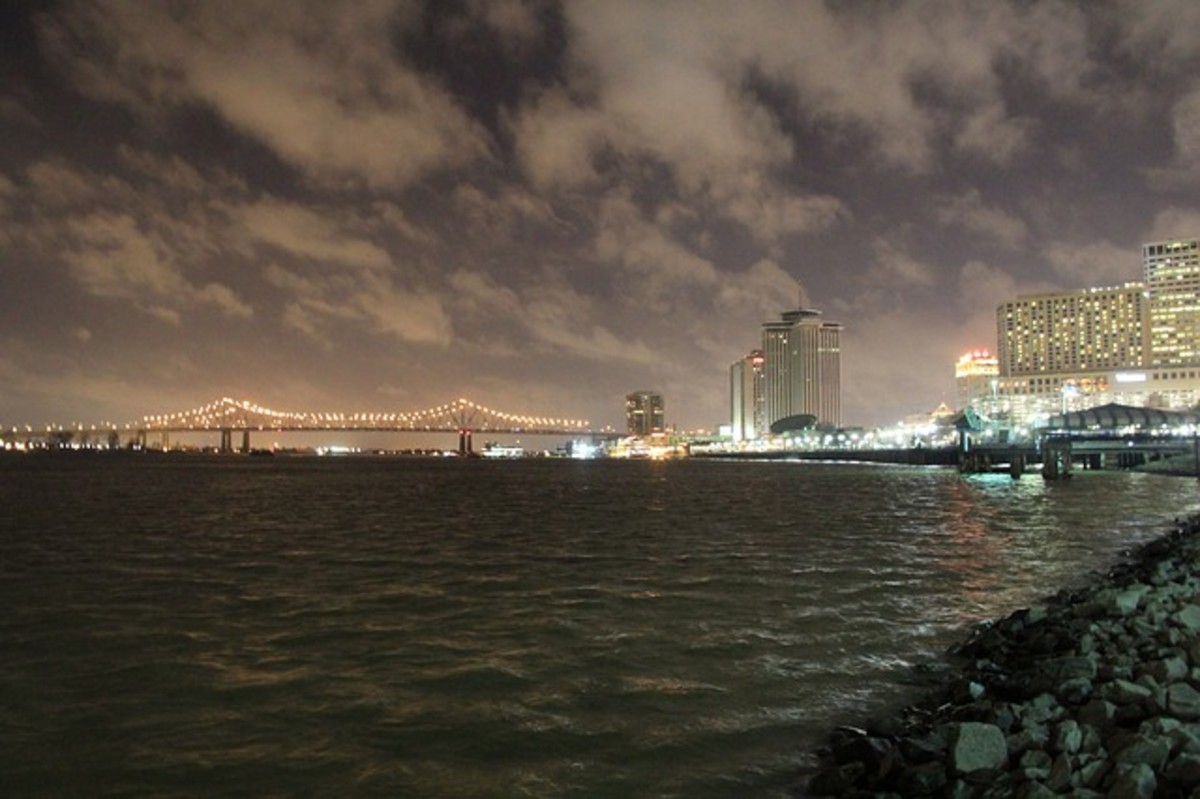Famous Redundant World Place Names
El ultimo de Gibraltar by Augusto Ferrer-Dalmau
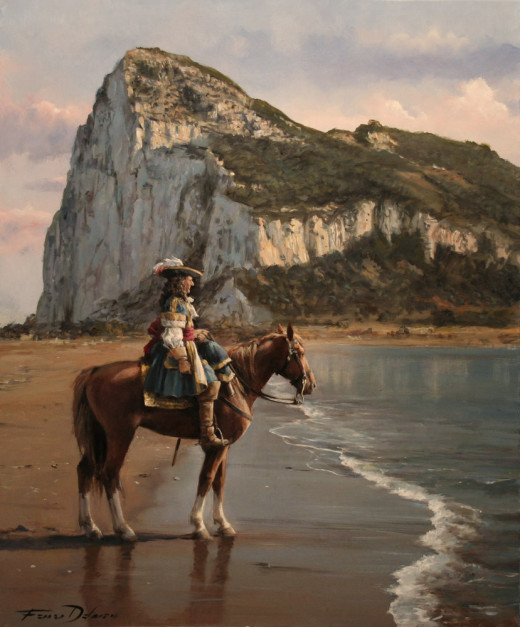
The Rock of Gibraltar
I'll start with one of the most well-known redundancies,
There's no reason to say "The Rock of Gibraltar" but people do. I guess if you want to distinguish the mountain itself from the town, but it's caught on so strongly that it's almost more common to hear of "The Rock" than of "Gibraltar" in isolation.
When the Moors, Arabs, and Berbers invaded southern Spain in 711 during the initial flurry of Islamic Expansion, one of the generals leading the vanguard was named Tariq ibn-Ziyad. Being unfamiliar with Greek Mythology, he or the scribes with him did not recognize one of the Pillars of Heracles, Mons Calpe. They gave it the Arabic name Jabel Ṭāriq (جبل طارق), meaning "Mountain of Tariq". So, we're in efect saying "The Rock of the rock of Tariq".
Sahara - a great desert, or deserts?
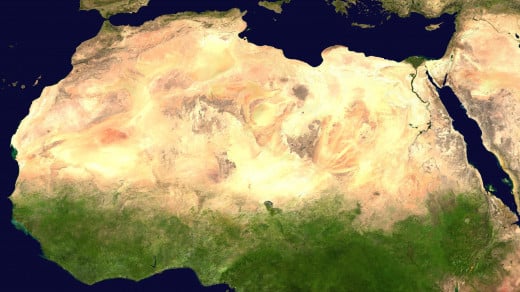
Sahara Desert
This one is also from Arabic and pretty straightforward.
Even in Ye Olden Tymes, geographers unaware of satellite imagery somehow knew that the Sahara was the greatest desert in the world. That might be why they named it:الصحراء الكبرى, aṣ-ṣaḥrāʾ al-kubrā, meaning... "the greatest desert". Hmm. Perhaps somewhere along the line people got distracted by how great it was, and thought there were stuck in a desert loop and its current name is derived from the plural Arabic word for desert:صحارى ṣaḥārā.
Hemingway knew how to properly name it
Mount Kilimanjaro
Moving south through Africa, how about this famous snowy peak?
"Kilima" is mistaken in Kiswahili for "mountain", but actually means "hill" as the derivative form of "Mlima", the proper Kiswahili word for mountain. As this mountain in Tanzania is the highest mountain in Africa, and rises approximately 4,877 metres (16,001 ft) from its base to 5,895 metres (19,341 ft) above sea level, I'm going to go ahead and say it's the people who named it "hill" and not the people who mistranslated it "mountain" who were more wrong.
In 1889, the summit was named Kaiser Wilhelm Spitze by a German. This name stuck until it became officially known as "Uhuru" in 1964 which in Kiswahili means "Freedom Peak". And, yes, of course, people call it "Uhuru Peak".
Freedom Peak Peak on Mount Mountain of Caravans.
Lakes, Lagooons, and Lagunitas
These locations aren't that famous, but there were a few of them. And they let me transition continents, so without further ado:
Lagos Lagoon is a lagoon on the border of Lagos, Nigeria, the most popular city in Africa. "Lagos" is Portuguese for "lakes", "Lagoon" is the Anglicized version of the Italian "laguna" which means "a coastal lake". Both derive from Latin lacūna.
Laguna Lake is along the border of Sonoma and Marin counties line in northern California. It is the source of Chileno Creek and "Laguna" is a Spanish borrowing of the Italian word seen above.
Lake Lagunita is an artificial dry lake in Stanford University, California, and "Lagunita" is the Spanish dimunitive for "laguna".
Lake Tahoe
Lake Tahoe
Lake Tahoe is a large freshwater lake in the Sierra Nevada mountain range of the Western United State, along the border between California and Nevada. Lake Tahoe is the largest alpine lake in North America and the sixth largest lake by volume in the United States after the Great Lakes.
The area around Lake Tahoe was originally inhabited by the Washoe people who, believe it or not, had their own word for a body of water in their own language that we might call a "lake". It was "Da'aw". While the spelling differences seem drastic say it outloud a few times, and then don't think too closely about how we pronounce Tahoe today but how "t-a-h-o-e" might have been used to transcribe a word in an unfamiliar language. A word like "da-aw".
Mississippi River
Speaking of North American hydronyms, I was teasing you with some appetizers, before the main course. That's a river pun, by the way.
The Mississippi River is 2,320 miles (3,730 km) of watershed that drains all or parts of 31 U.S. states and 2 Canadian provinces. The Mississippi ranks as the fourth longest and tenth largest river in the world.
The name comes from Messipi, the French rendering of the Anishinaabe (Ojibwe) or name for the river, Misi-ziibi meaning "Great River". We won't begrudge the Mighty Mississipp' its redundant name, "The Great River River" for fear of its wrath.
Also of minor note (unless you're a Nutmegger) the Connecticut River is named after another French corruption, this time of the Mohegan word quinetucket, which means "beside the long, tidal river". We'll let them off the Hook for naming their land after a river named after the land around the river.
Greene Street Green Village Village
Greenwich Village
One of Connecticut's principal cities is named Greenwich, which makes it probably the third most well known location to use that name. The best well known is a small town in England which happened to have an observatory with a very good PR team that managed to dictate Greenwich Mean Time to everyone in the world. And second best is a neighborhood in New York City. (This paragraph is called a segue!)
"wich" has a complicated history as a toponym compoenent in England, but basically it means a protected community or walled dwelling place, and was in Anglo-Saxon the suffix -wīc. And wīc, of course, was a loanword from Latin vicus, meaning ‘dwelling' or 'neighborhood'. Wīc also became "wick" in some instances, such as in "New Brunswick", which is in New Jersey and named in English after the city in Germany Braunschweig, which is an example of how wīc became weig in other instances.
Wait, back to vicus (which was pronounced more like "wick-us") was a neighborhood, and Latin has another more familiar word villa which was a diminutive of that word and means what it means today, a large house on an estate. These houses became more and more removed from the city life and if you have a big house in the country you need a small town of servants to run things. A small town. Sort of like a village.
So, as it wasn't just wick and weig that wīc became in Germanic languages, as in Dutch it was "wijck", and Groenwijck, was the Dutch name for the village on the outskirts of their colony of New Amsterdam (now Downtown New York City) which was Anglicized to Greenwich. So we now have a Green Village Village.
But wait, it gets better. Greenwich Village has a Greene Street.
"Timor of the rising sun" Sunrise on Mount Tatamailau
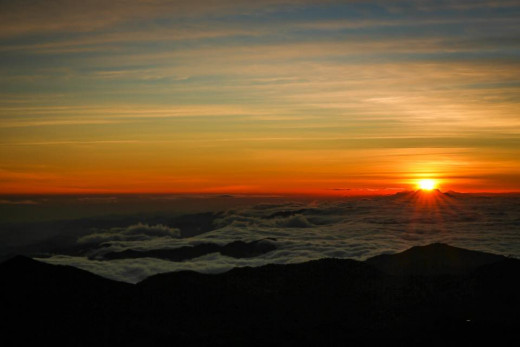
East Timor
East Timor or Timor-Leste, is a small country in Southeast Asia, on the island of Timor, bordering Indonesia.
"Timor" derives from timur, the word for "east" in Indonesian and Malay. Leste is the Portuguese word for "east", resulting in "Timor-Leste" (East-East). In English we had a lot of options: Timor East, East Leste, East Timor, timur Timor... and I'm already confused.
Faroe Islands
The Faroe Islands are an autonomous country within the Danish kingdom on an archipelago between the Norwegian Sea and the North Atlantic Ocean, approximately halfway between Norway and Iceland, 320 kilometres (200 mi) north-northwest of Great Britain with a 2015 population of 48,700.
In Danish, the name Færøerne is Old Norse for "sheep (fær) islands (øerne)", the latter is a complicated plural for ø which seems like a very simple way to say "island" in the singular.
The Danish name thus translates as "the islands of sheep" so the English name is "the islands of sheep islands".
The Faroe Islands
The Milky Way Galaxy
Wait a minute! You were expecting a list of places on Earth, weren't you?
Unless you've ever been a Greek baby, you might not know that their word for milk is γάλα (gála).
Greek astronomers called it "the milky circle" (γαλαξίας κύκλος (galaxías kýklos)) and Romans thought that sounded cool, but got rid of the weird "circle" bit, and called it the via lactea, from which we directly translated it to the Milky Way. Or, "The Milky Way Milky".
© 2015 Jeramey Conrad


